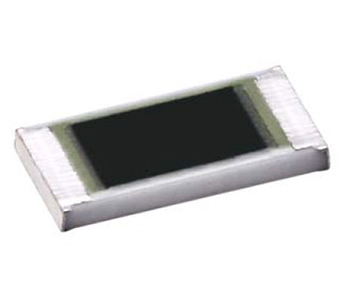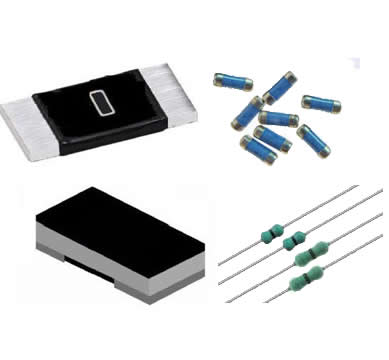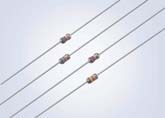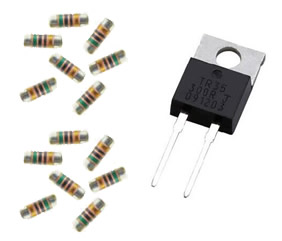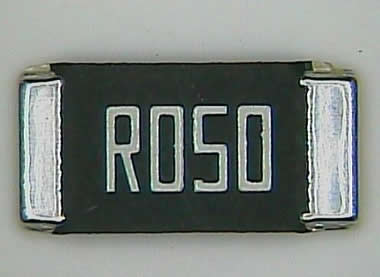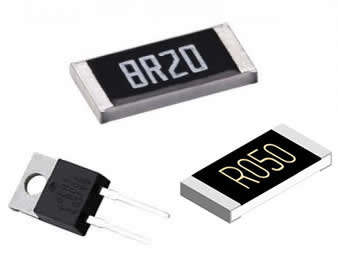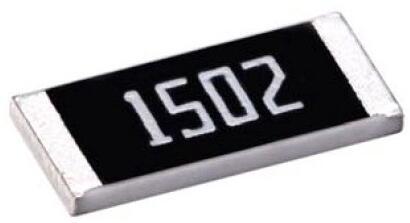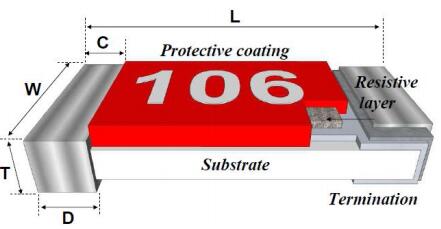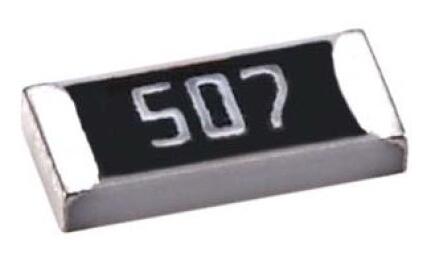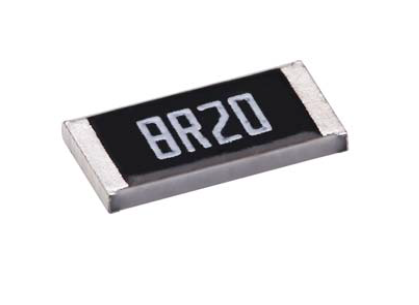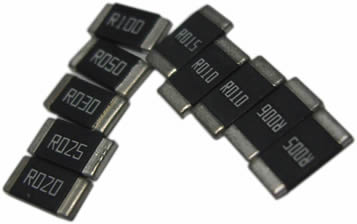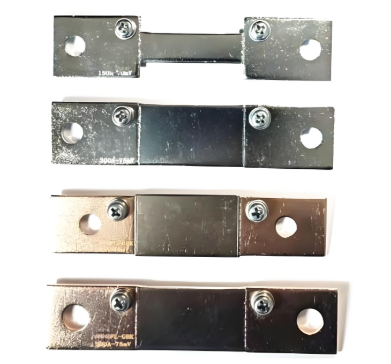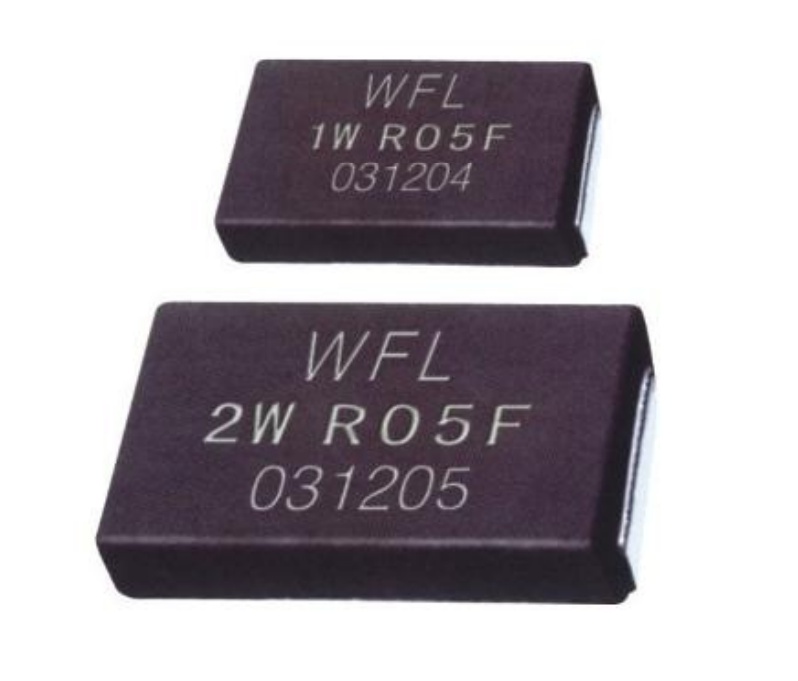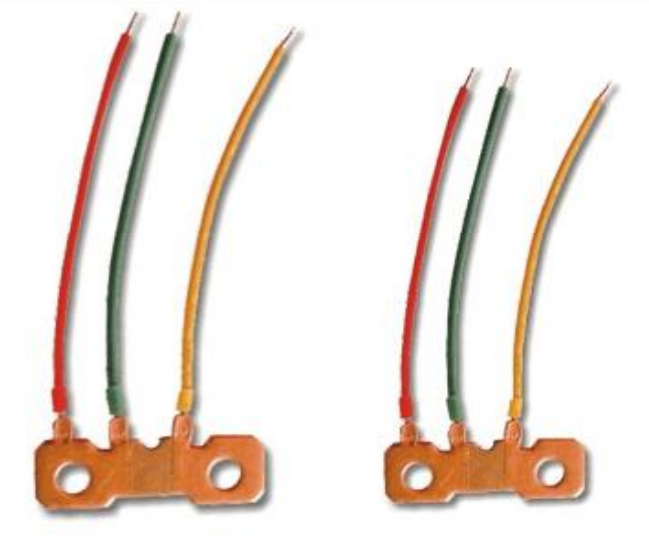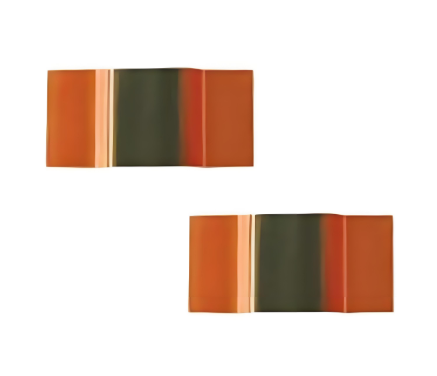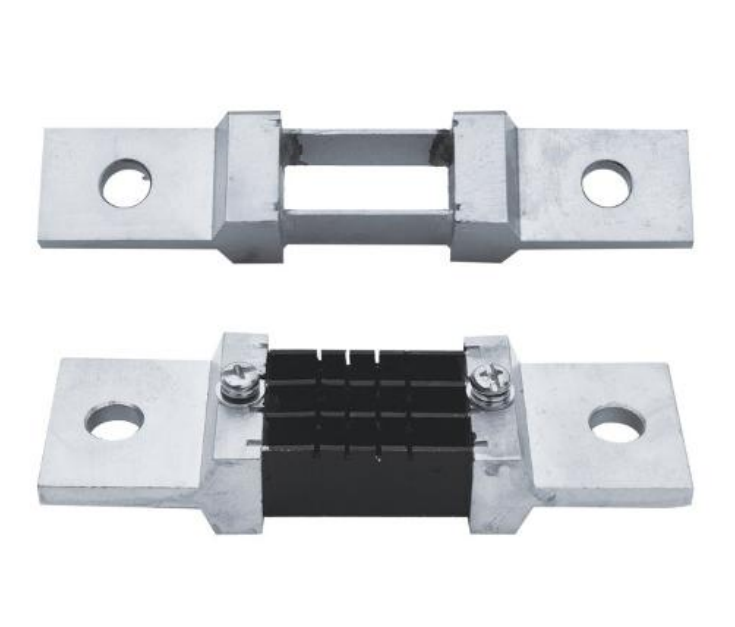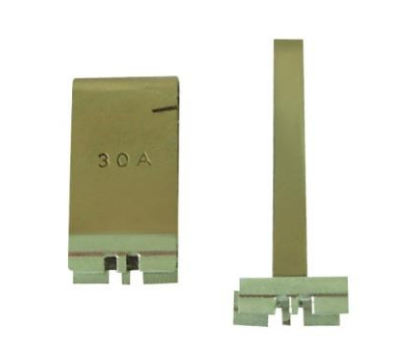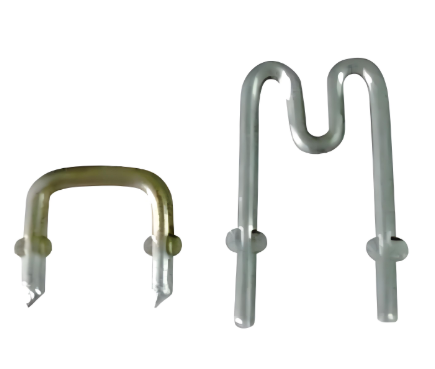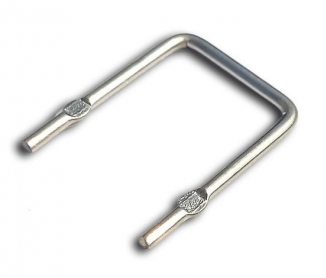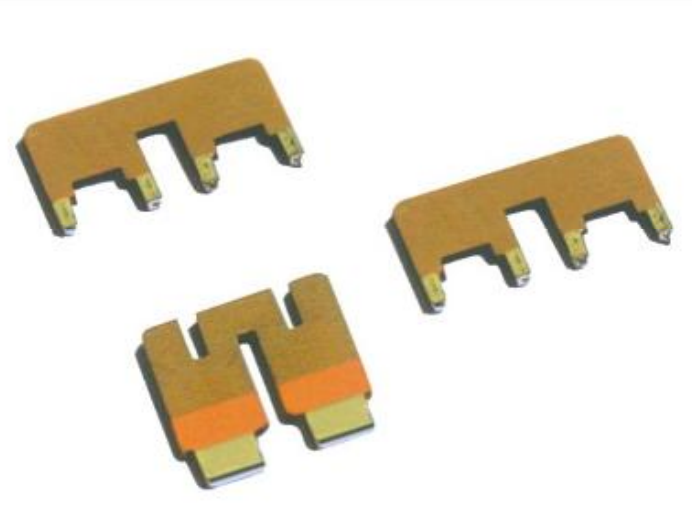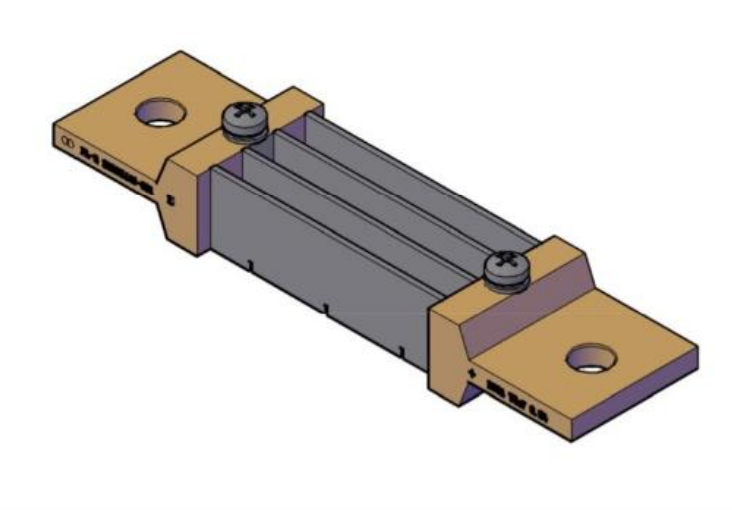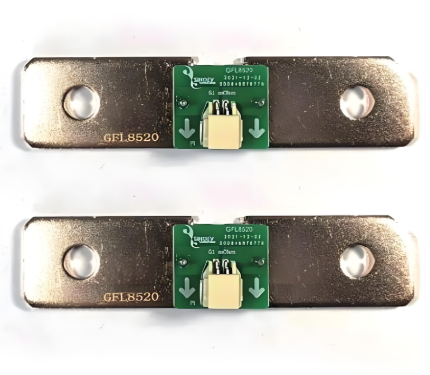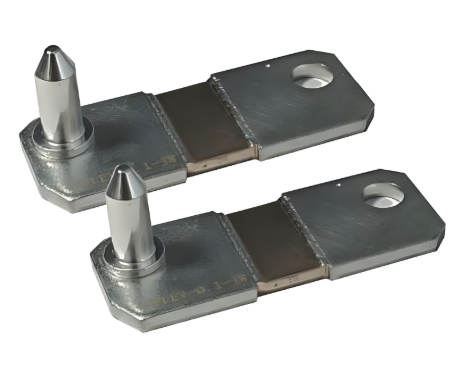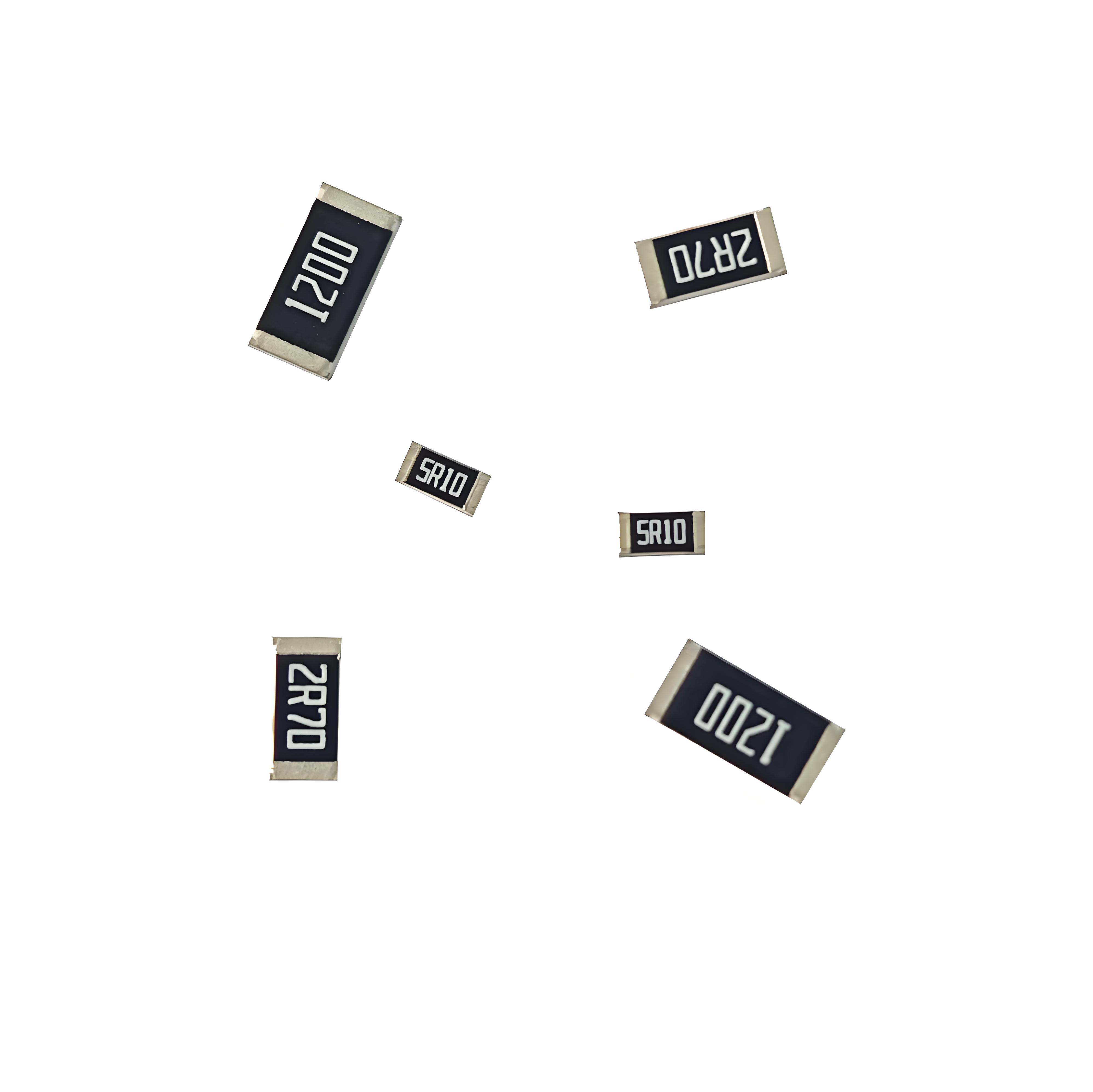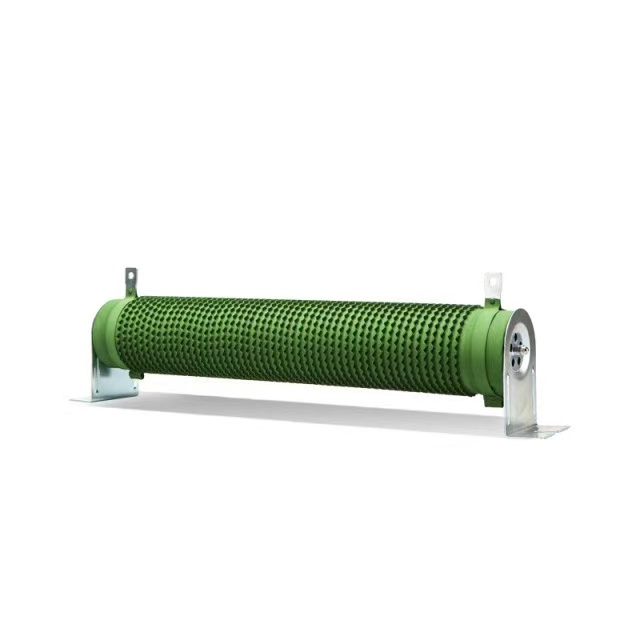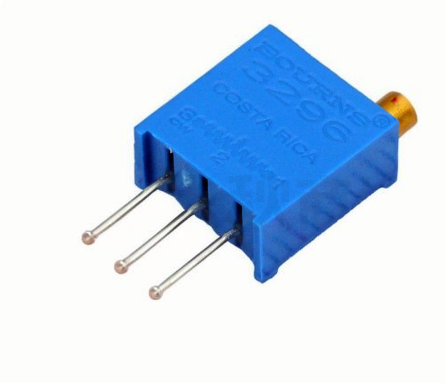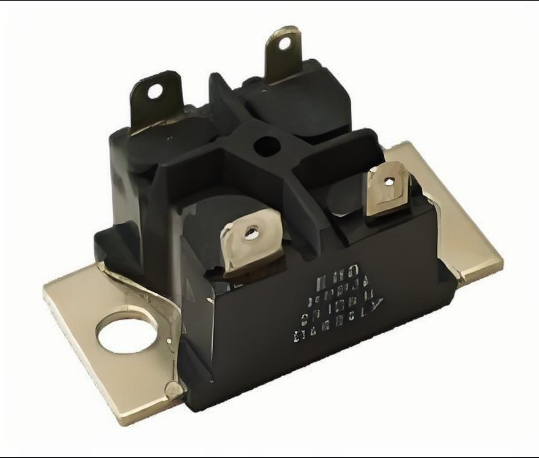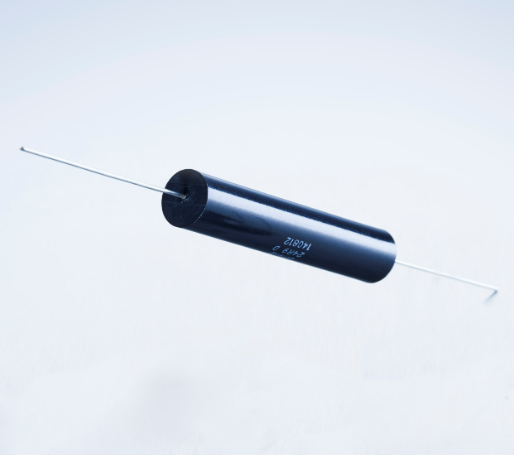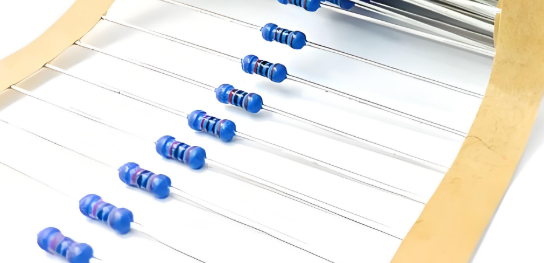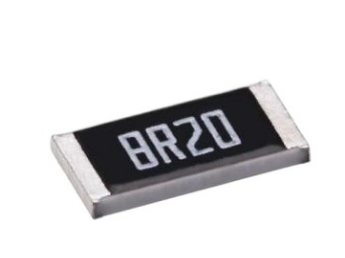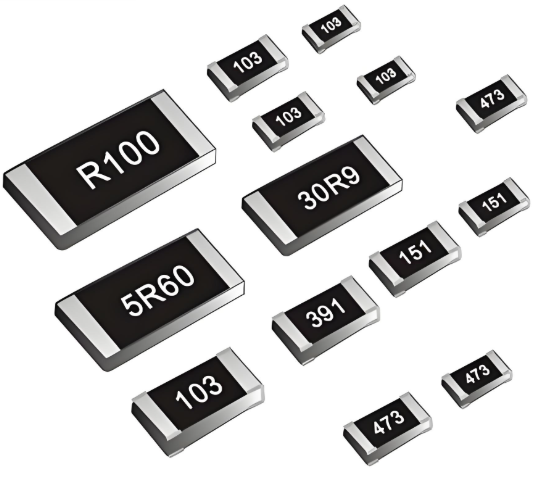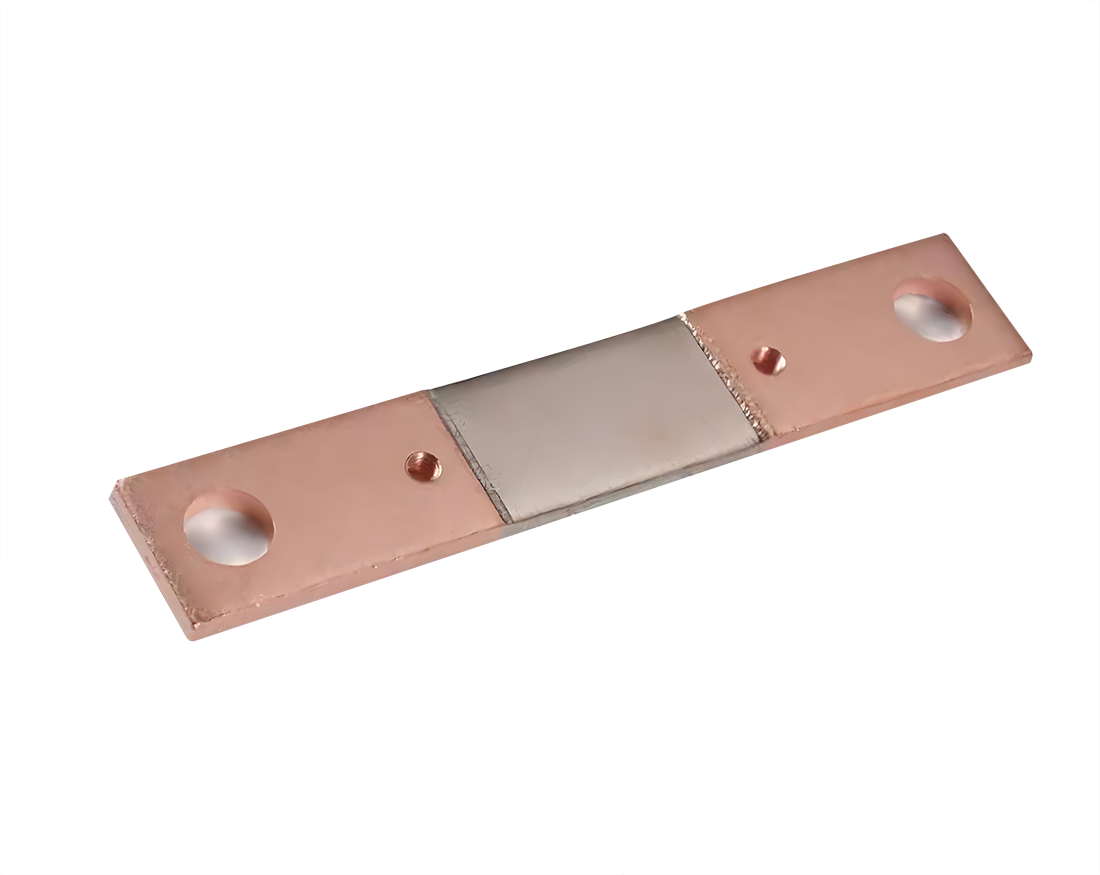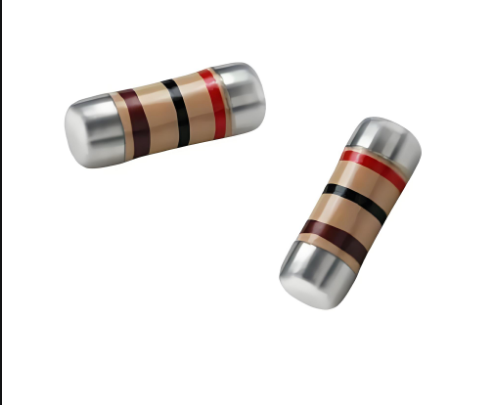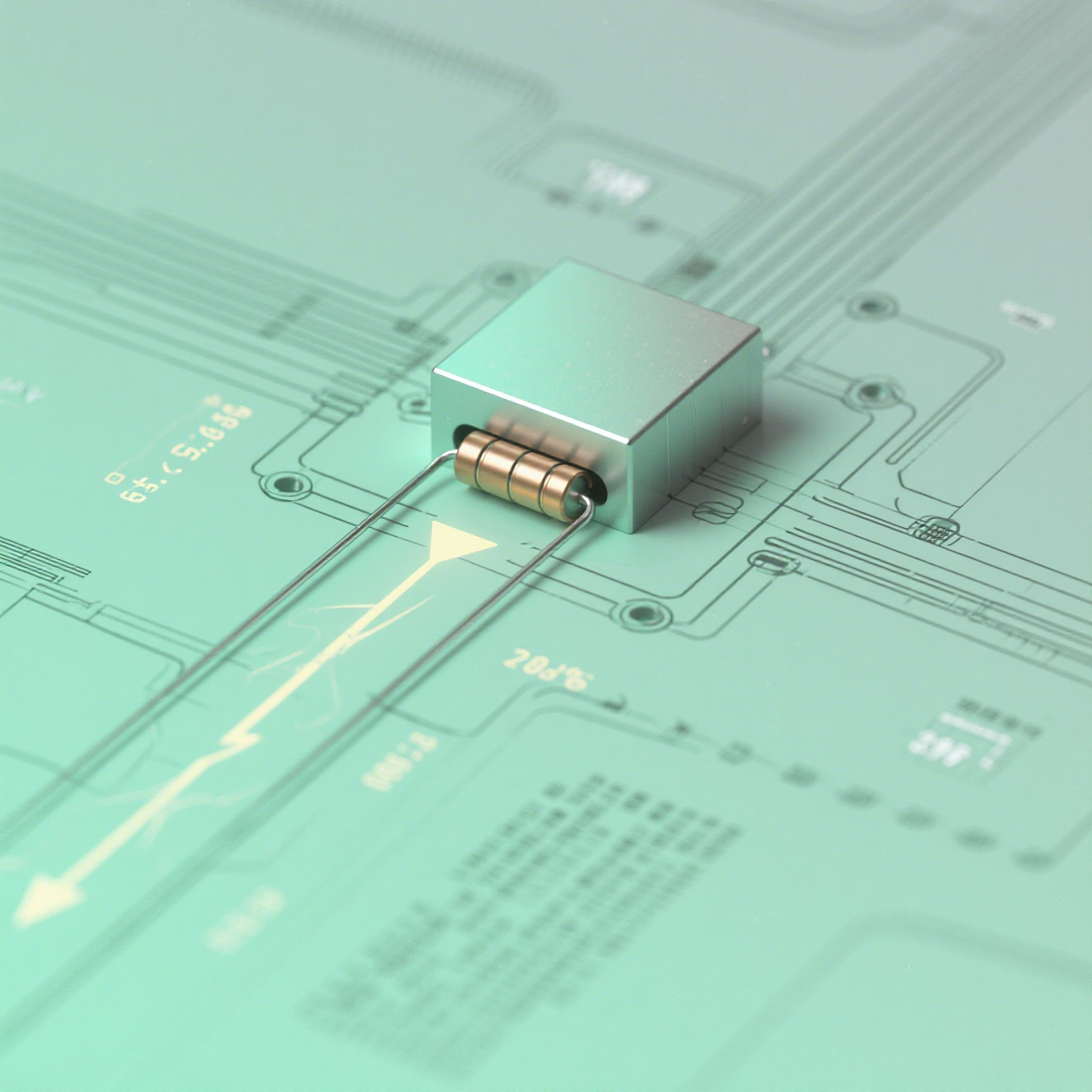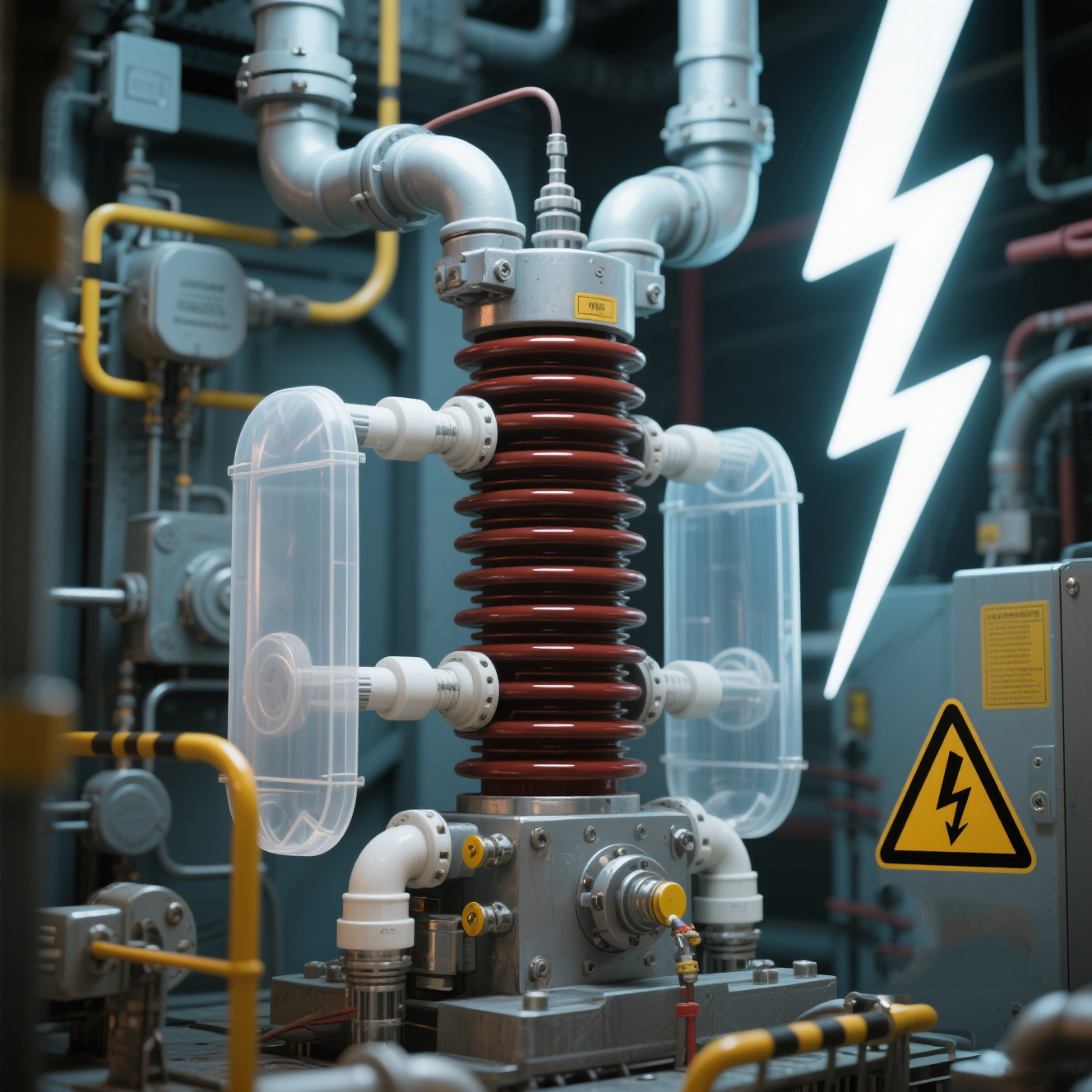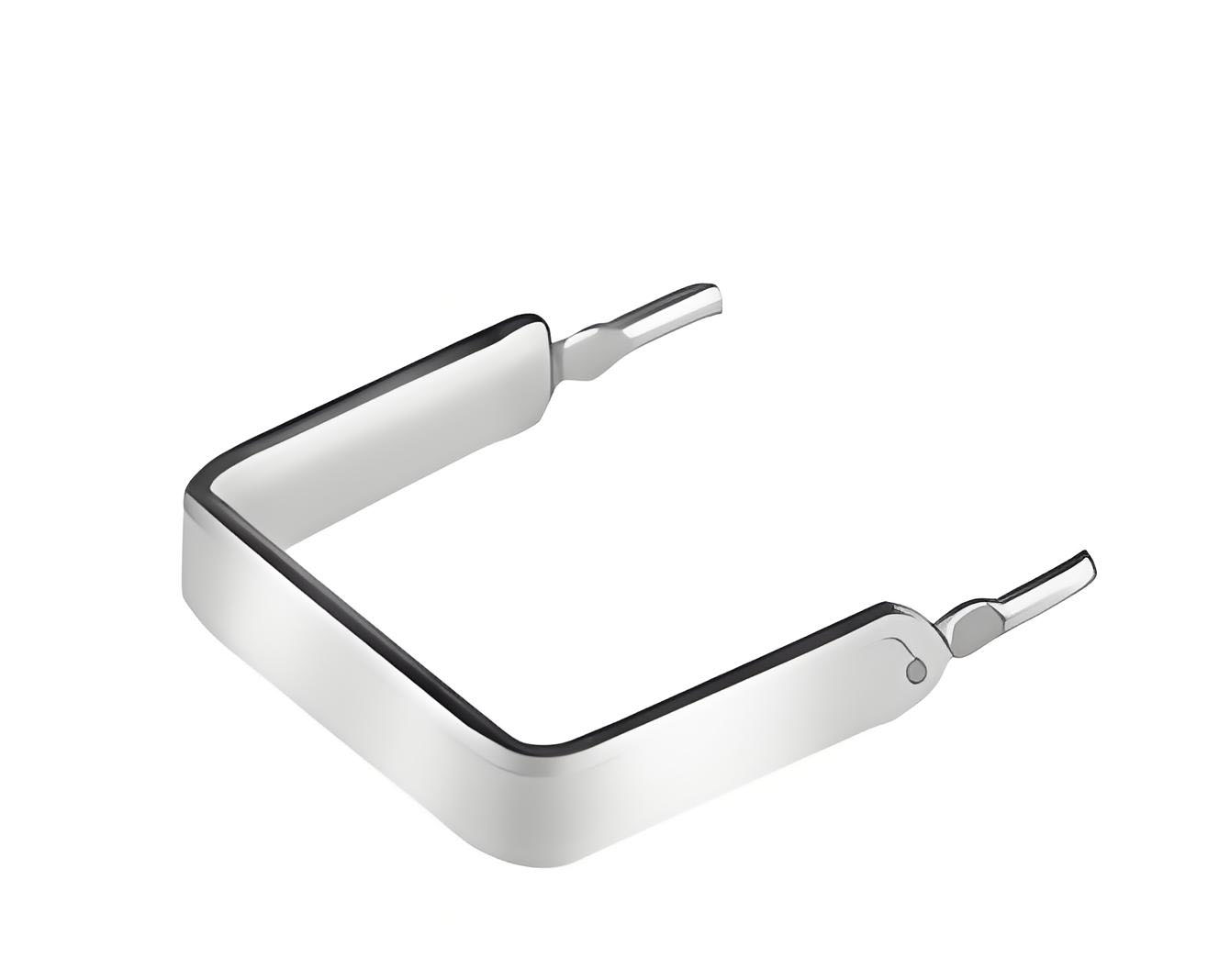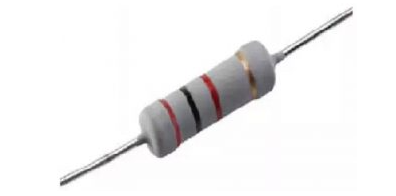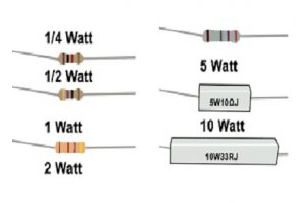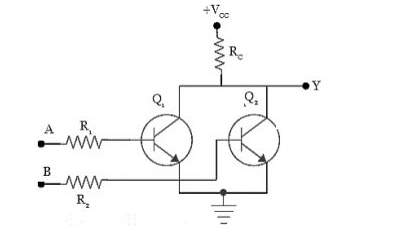Introduction
In the realm of electronics and precision engineering, the stability of ultra-high precision resistors is of paramount importance. These resistors are crucial components in various applications, from precision measurement instruments to high-end medical devices. Achieving and maintaining stability within a tight tolerance of ±5ppm/°C is a significant challenge but is essential for ensuring the reliability and accuracy of electronic systems. This article explores the key factors affecting the stability of ultra-high precision resistors, optimization techniques to enhance their performance, and their industrial applications.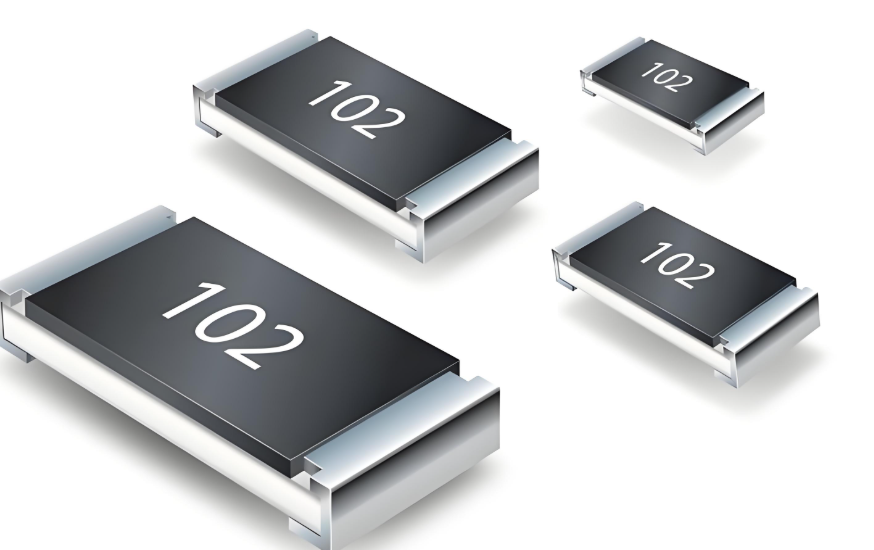
Key Factors Affecting Resistor Stability
The stability of ultra-high precision resistors is influenced by several factors, including temperature coefficient of resistance (TCR), voltage coefficient of resistance (VCR), and environmental conditions. Understanding these factors is crucial for optimizing resistor performance.
| Factor | Description | Impact on Stability |
|---|---|---|
| Temperature Coefficient of Resistance (TCR) | Change in resistance with temperature | Higher TCR leads to greater instability |
| Voltage Coefficient of Resistance (VCR) | Change in resistance with applied voltage | Higher VCR can cause instability |
| Environmental Conditions | Humidity, vibration, and mechanical stress | Can degrade resistor performance |
Optimization Techniques for Resistor Stability
To achieve the desired stability of ±5ppm/°C, several optimization techniques can be employed. These include material selection, design improvements, and environmental control.
| Technique | Description | Effect on Stability |
|---|---|---|
| Material Selection | Choosing materials with low TCR and VCR | Significantly improves stability |
| Design Improvements | Optimizing resistor geometry and layout | Reduces thermal and mechanical stress |
| Environmental Control | Using temperature-controlled enclosures and vibration isolation | Mitigates external factors affecting stability |
Industrial Applications of Ultra-High Precision Resistors
Ultra-high precision resistors with stability of ±5ppm/°C are used in a variety of industries. Their applications include precision measurement devices, medical equipment, and aerospace systems.
| Industry | Application | Stability Requirement |
|---|---|---|
| Medical | Precision medical instruments | ±5ppm/°C |
| Aerospace | Flight control systems | ±5ppm/°C |
| Industrial | High-precision sensors | ±5ppm/°C |
Case Study: Enhancing Stability in a Precision Measurement Device
One of the challenges in precision measurement devices is maintaining resistor stability over a wide temperature range. A recent case study addressed this issue by implementing advanced optimization techniques.
Problem: The device experienced instability due to temperature fluctuations, affecting measurement accuracy.
Solution: The team selected a resistor with a low TCR material and optimized the design to reduce thermal stress. They also implemented a temperature-controlled enclosure to mitigate external temperature variations.
Results: The stability of the resistor improved to ±5ppm/°C, significantly enhancing the accuracy and reliability of the measurement device.
Conclusion
The stability of ultra-high precision resistors is critical for the performance of various electronic systems. By understanding the key factors that affect stability and employing effective optimization techniques, it is possible to achieve the desired stability of ±5ppm/°C. This level of stability is essential for applications in medical, aerospace, and industrial sectors, ensuring the reliability and accuracy of precision devices.

